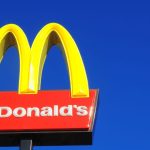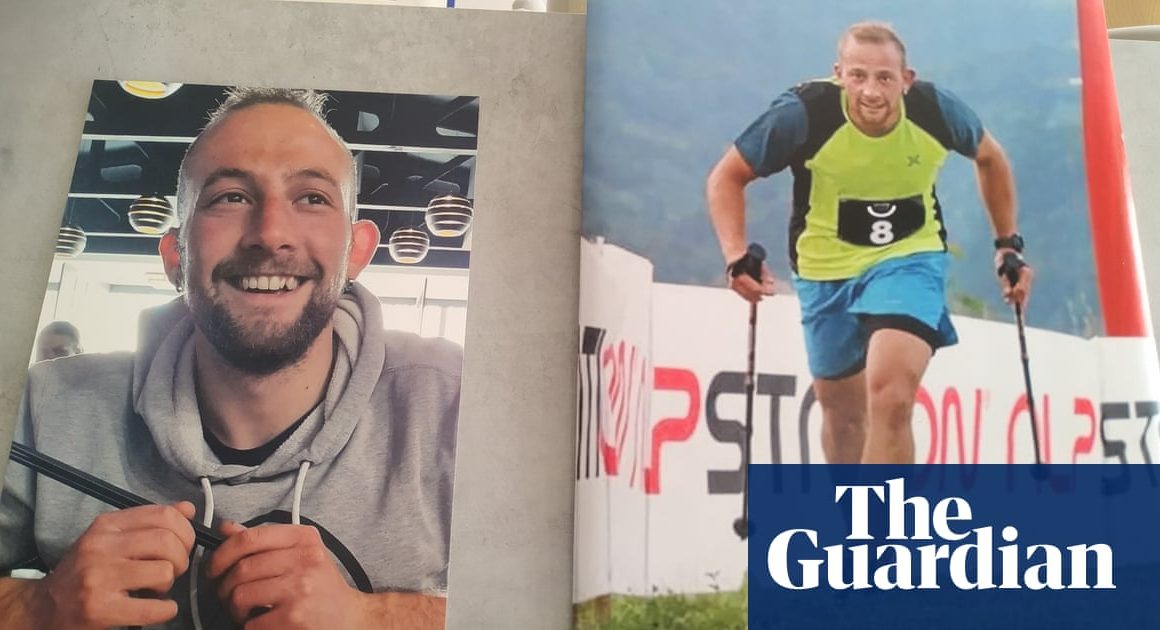The Conservative government did not carry out a legally required assessment of how greenlighting the use of a banned pesticide, described as a “death blow to wildlife”, would affect some of the most important nature sites, documents have revealed.
The previous government gave emergency approval this year for sugar beet farmers to use Cruiser SB for the fourth year in a row.
A single teaspoon of this pesticide is enough to deliver a lethal dose to 1.25 billion bees. In granting approval, the Department for Environment, Food and Rural Affairs (Defra) went against the advice of the Health and Safety Executive and the UK expert committee on pesticides.
The decision was criticised at the time as a “death blow for wildlife” by the Wildlife Trusts because of the neonicotinoid pesticide’s toxic impact on bees and the way the chemical makes its way from fields into waterways.
It has now emerged that officials chose not to carry out a legally required assessment of how the decision would affect protected sites, on the basis that doing so would be too difficult.
In a briefing document given to the former farming minister Mark Spencer to inform his decision-making, obtained by the Ends Report through a freedom of information request, it said: “We have considered for the current decision whether it would be possible to carry out a meaningful assessment of impacts on protected areas. Our conclusion is that this is not possible.
“It is not known where the treated seed will be used in relation to protected sites and [sites of special scientific interest] SSSIs,” it said, adding that “there are many hundreds of protected areas in the part of England where sugar beet is grown”.
Weeks earlier, the green watchdog, the Office for Environmental Protection (OEP), said it had opened an investigation into Defra in relation to the approval.
The OEP said it was considering whether there had been “serious failures” by Defra to comply with nature conservation law, specifically regarding its duty to carry out just such an assessment on how the pesticide approval would affect the UK’s most ecologically important sites.
In the briefing, officials explicitly acknowledged this requirement existed in law, stating “any decision to give emergency authorisation for the use of Cruiser should include an assessment of impacts on sites designated as SSSIs under the Wildlife and Countryside Act 1981 and on sites designated as special protection areas and special areas of conservation under the conservation of habitats and species regulations 2017”.
Kyle Lischak, the UK head of the environmental charity Client Earth, which initiated the complaint to the OEP that led to its investigation, said: “The way I read it is they seem to think that it’s all just too complicated.
“The law is there for a reason. The point is, in these circumstances, they have to go through the legal processes to be clear on what is at stake. And if they don’t do that because it is too expensive, or too complicated, or too much of an inconvenience, then that is not a legal defence. That’s just being sloppy.”
In the document, Defra officials briefed the minister that were Cruiser SB to be used in a SSSI, the nature regulator Natural England would have to consent to it, and that as this would be unlikely to happen, “the risks will be mitigated to a certain extent in areas where the risks to animals may be highest”.
This justification has been met with scorn by Lischak and wildlife campaigners, with most protected sites in England failing to be classed as healthy, not because of pollution within them but because of pollution coming in from outside their boundaries.
“It’s misinformed and it’s quite frankly disappointing,” he said, adding that there were multiple impending biodiversity targets that the government was legally accountable for, the biggest being the goal to halt the decline in wildlife by 2030.
Elliot Chapman-Jones, the head of public affairs at the Wildlife Trusts, said it was “completely unacceptable that no assessment was made on the harm this could cause some of the country’s most important sites for nature”.
Before coming to power, Labour promised to end the use of Cruiser SB but the promise did not make it into the party’s manifesto. Chapman-Jones said: “The new UK government should learn from its predecessor’s mistakes and uphold its promise to rule out authorising these pesticides again.
He added that the UK urgently needed an ambitious action plan for pesticide reduction to protect the environment and human health.
Cruiser SB is a neonicotinoid pesticide that has been banned in the EU and the UK since 2018, after evidence emerged of how toxic it is to all pollinators and insect life, on which most crops and plant life rely.
For the past four years, the UK has overridden this ban through emergency approvals so sugar beet farmers can use the pesticide against the beet yellows virus, which damages crops.
However, according to Dave Goulson, a professor of biology at the University of Sussex, about 95% of the product does not get taken up by the plant and instead moves into the environment.
He said: “It goes to the soil and the soil water, where it then gently leaches into ditches, streams, rivers, lakes. By contaminating the soil, it means that any flowers that are grown near a treated crop, or in the following year in the same soil as a treated crop, are contaminated. So the pollen and nectar become contaminated.”
Research has repeatedly shown high levels of neonicotinoids in British waterways. Analysis of water-quality data by nature NGOs last year found the highest concentrations of the chemical were detected in areas where sugar beet is grown, including the east of England, the south-east and the West Midlands.
In 2017, a report by the NGO Buglife showed a section of the River Wensum in Norfolk, classified as a special area of conservation for its river life, was found to be “chronically polluted” with neonicotinoids.
Goulson said the rest of Europe was managing without the use of the pesticides, and farmers in northern France – which had a similar climate and soil to East Anglia – were growing sugar beet “perfectly well without this chemical”.
Campaigners are concerned that if a protected site assessment was not carried out for the use of Cruiser SB, which has attracted an increasing amount of public attention, the same could be true for other chemical approvals.
NFU Sugar and British Sugar have confirmed that they have applied again for emergency approval to use Cruiser SB for next year’s sugar beet crop.
In a joint statement, the chair of the NFU Sugar board, Michael Sly, and British Sugar’s agriculture director, Daniel Green, said: “The British sugar beet crop continues to be threatened by virus yellows disease. In recent years, the disease has caused crop losses of up to 80%. If authorisation is granted, the seed treatment will only be used if a specified threshold, set each year by Defra, is met.
“Growers must also follow a strict stewardship programme to ensure best practice, and that the conditions of the emergency authorisation are met on farms. In addition, the industry has jointly funded residue monitoring over the past couple of years.”
The OEP is investigating whether there were a number of failures to comply with environmental law when making the decision on Cruiser SB. Helen Venn, the OEP’s chief regulatory officer, said as the investigation was under way “it would be inappropriate to comment at this time”.
Defra said it would “work constructively” with the OEP as it took forward its investigation. It emphasised that the emergency authorisation process was “highly regulated”, with the previous use of Cruiser SB having had to meet a number of conditions to mitigate risks to the environment, including potential risks to pollinators.
The spokesperson restated Labour’s election comittment to ban the use of bee-killing pesticides.












